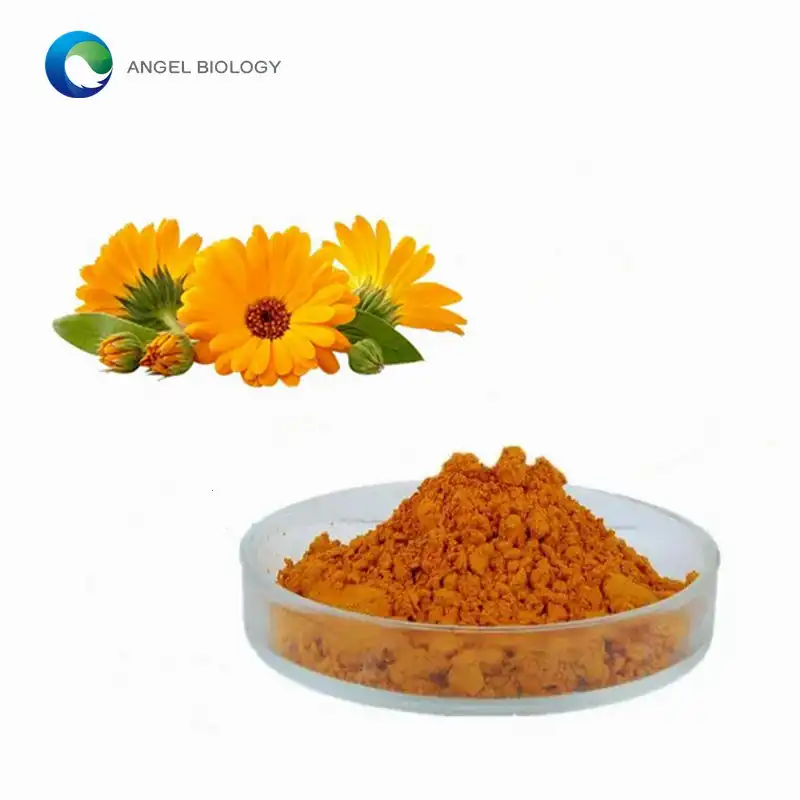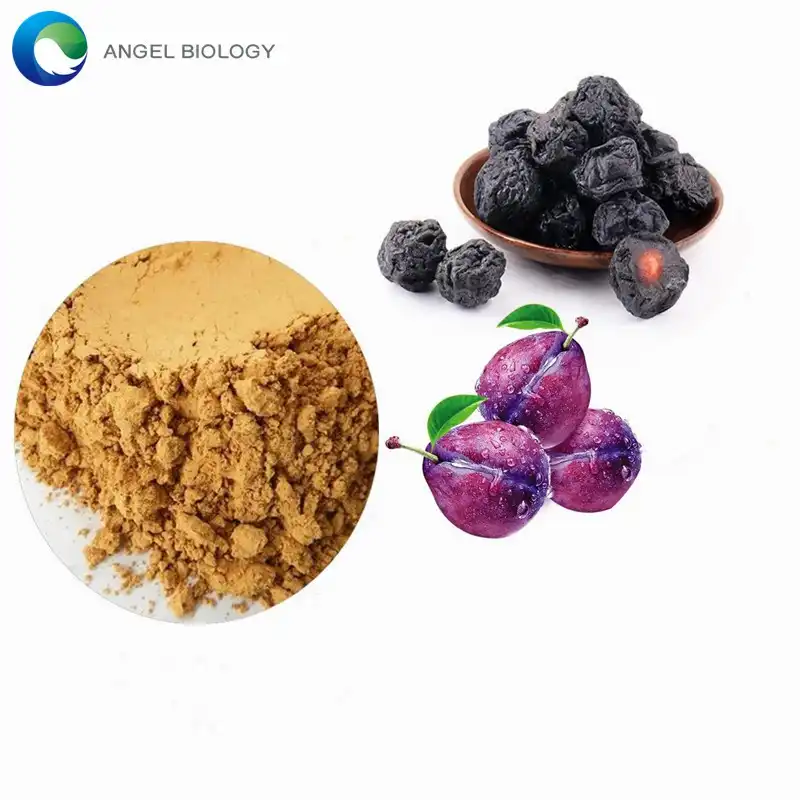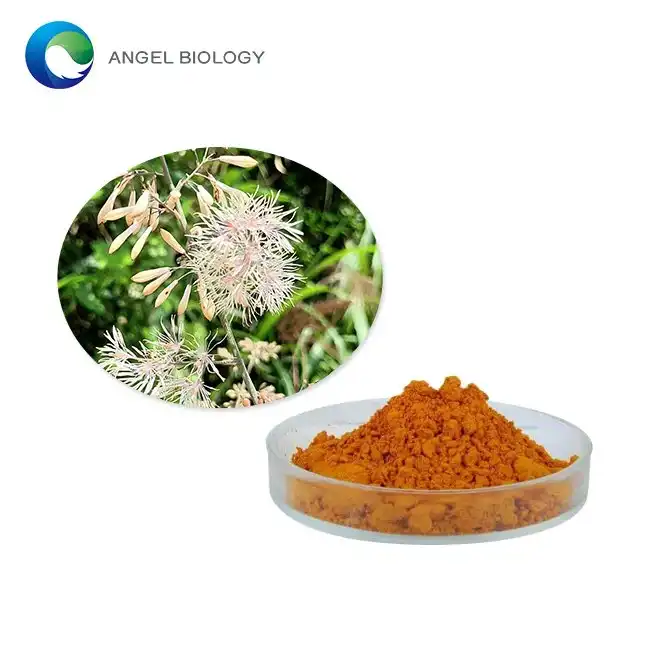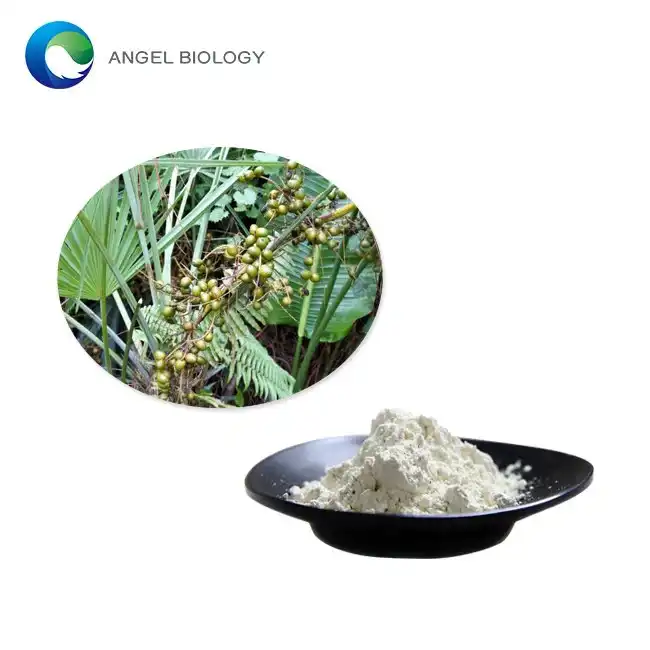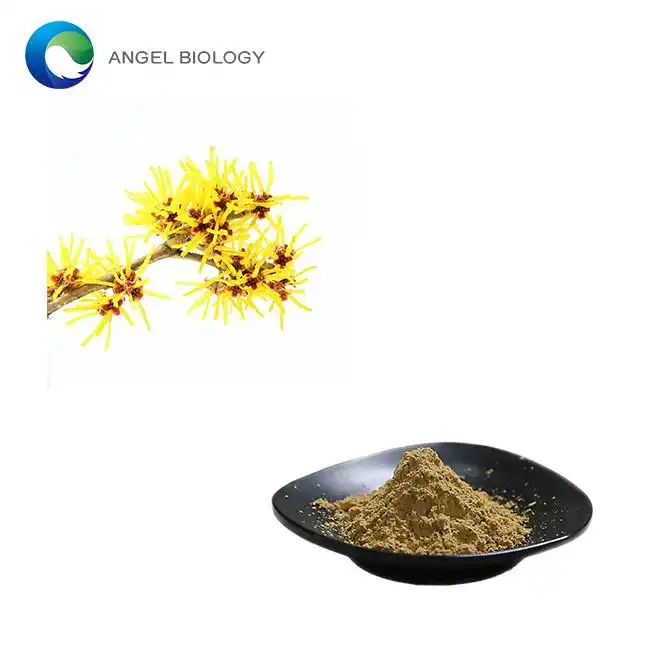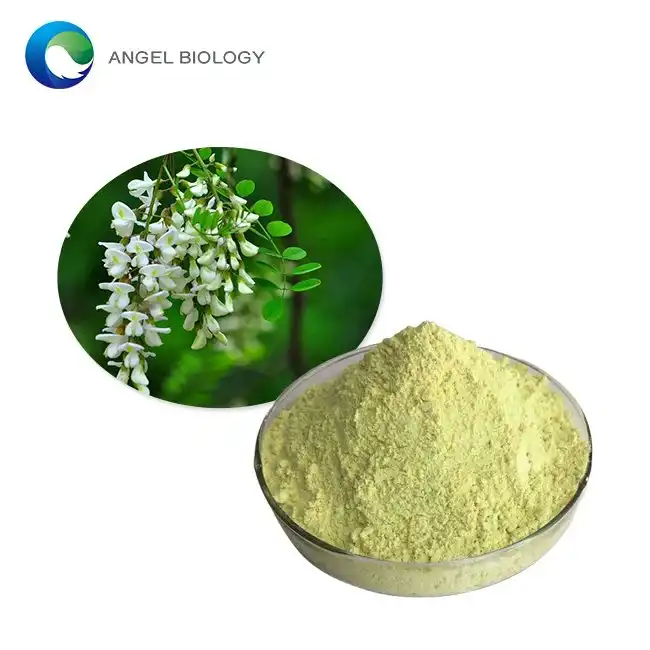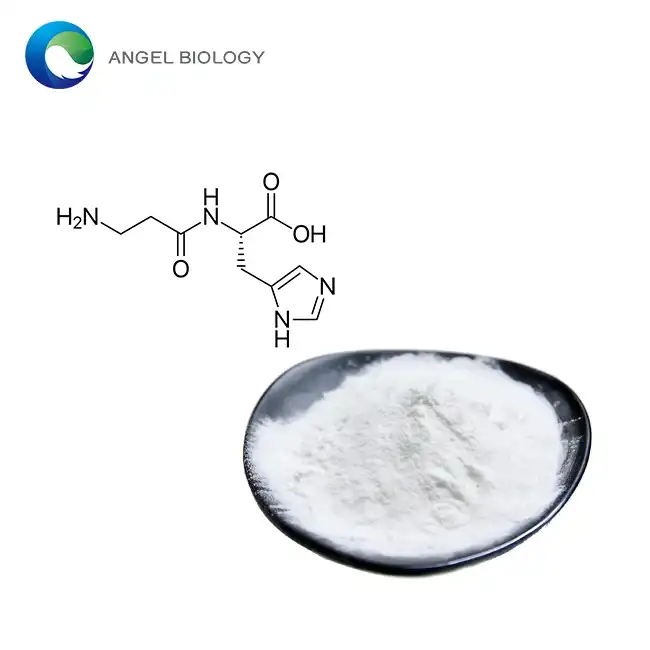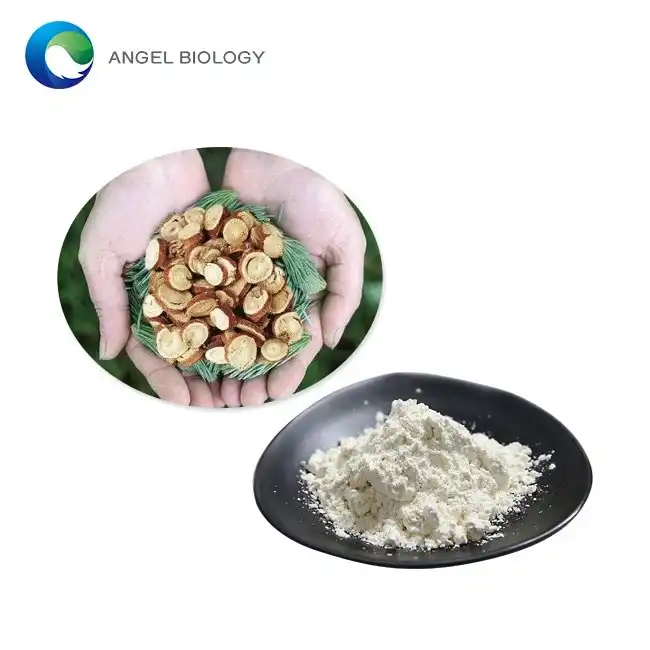Arbutin Powder vs. Hydroquinone: Which Is Better for Hyperpigmentation?
Hyperpigmentation is a common skin concern that affects millions of people worldwide. It occurs when certain areas of the skin produce more melanin than usual, resulting in dark spots or patches. Two popular ingredients used to combat this issue are arbutin powder and hydroquinone. In this comprehensive guide, we'll explore the differences between these two skin-lightening agents and help you determine which one might be better suited for your needs.
Mechanism of Action: How Do They Differ in Lightening Skin?
To understand the effectiveness of arbutin and hydroquinone, it's crucial to delve into their mechanisms of action. Both ingredients work by inhibiting tyrosinase, an enzyme responsible for melanin production, but they do so in slightly different ways.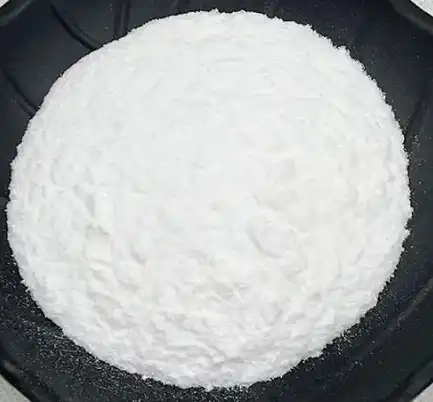
Arbutin powder, derived from bearberry plants, is a natural compound that breaks down into hydroquinone when absorbed by the skin. This gradual release allows for a gentler approach to skin lightening. Arbutin works by slowly inhibiting tyrosinase activity, resulting in a more controlled and steady reduction of melanin production.
Hydroquinone, on the other hand, is a synthetic compound that directly inhibits tyrosinase. It's known for its potent and rapid skin-lightening effects. Hydroquinone not only reduces melanin production but also accelerates the breakdown of melanosomes (pigment-containing organelles) in skin cells.
The key difference lies in their potency and speed of action. While hydroquinone delivers faster results, arbutin powder offers a more gradual and potentially safer approach to skin lightening.
Why Dermatologists Often Recommend Arbutin Over Hydroquinone
Despite hydroquinone's reputation as the "gold standard" for treating hyperpigmentation, many dermatologists are increasingly recommending arbutin as a safer alternative. Here's why:
- Gentler on the skin: Arbutin is less likely to cause irritation, making it suitable for sensitive skin types.
- Lower risk of side effects: Unlike hydroquinone, arbutin doesn't carry the risk of ochronosis (a bluish-black discoloration of the skin) with long-term use.
- Suitable for all skin tones: Arbutin is safe for use on all skin types and tones, whereas hydroquinone can sometimes cause paradoxical hyperpigmentation in darker skin.
- Stability: Arbutin powder is more stable than hydroquinone, which can oxidize and lose effectiveness when exposed to air and light.
- Natural origin: For those preferring natural skincare solutions, arbutin's plant-based origin is a significant advantage.
Furthermore, regulatory concerns surrounding hydroquinone have led to its restricted use in many countries, whereas arbutin powder remains widely available and is considered safe for cosmetic use.
Combining Forces: Can They Be Used Together for Enhanced Results?
While arbutin and hydroquinone are often compared as alternatives, some skincare experts suggest that they can be used synergistically for enhanced results. However, this approach requires caution and should only be attempted under professional guidance.
The idea behind combining these ingredients is to leverage their different mechanisms of action, with hydroquinone providing rapid initial lightening, while arbutin powder for sale offers sustained, gentler effects, making this combination particularly beneficial for stubborn hyperpigmentation that hasn't responded well to single-ingredient treatments.
However, it's crucial to note that combining these ingredients increases the risk of skin irritation and other side effects. If you're considering this approach, consult with a dermatologist who can provide a tailored treatment plan and monitor your skin's response.
Key Considerations When Choosing Between Arbutin and Hydroquinone
When deciding between arbutin powder and hydroquinone for treating hyperpigmentation, consider the following factors:
- Severity of hyperpigmentation: For mild to moderate cases, arbutin may be sufficient. Severe cases might benefit from hydroquinone's potency.
- Skin sensitivity: If you have sensitive skin, arbutin is generally the safer choice.
- Treatment duration: Hydroquinone is typically used for short periods (3-4 months), while arbutin can be used long-term.
- Skin tone: Arbutin is suitable for all skin tones, while hydroquinone requires extra caution for darker skin types.
- Personal preferences: If you prefer natural ingredients, arbutin aligns better with this preference.
Tips for Maximizing Results with Arbutin
If you've decided to try arbutin powder for your hyperpigmentation concerns, here are some tips to maximize its effectiveness:
- Consistent use: Apply arbutin-containing products consistently, typically twice daily.
- Sun protection: Always use broad-spectrum sunscreen during the day to prevent further hyperpigmentation.
- Patience: Results with arbutin may take longer to appear compared to hydroquinone, so be patient and consistent.
- Complementary ingredients: Consider products that combine arbutin with other brightening agents like vitamin C or niacinamide for enhanced effects.
- Proper storage: Store arbutin products in a cool, dark place to maintain their efficacy.
Conclusion
Both arbutin and hydroquinone have their place in treating hyperpigmentation. While hydroquinone offers rapid results, arbutin powder provides a gentler, safer alternative suitable for long-term use. The choice between the two often comes down to individual skin needs, preferences, and the severity of hyperpigmentation.
For those seeking a natural, effective solution to hyperpigmentation, arbutin stands out as an excellent choice. Its ability to provide gradual, steady results without the risks associated with hydroquinone makes it a valuable tool in the quest for even-toned, radiant skin.
Are you ready to transform your skin with the power of natural ingredients? Angelbio, a leading innovator in natural skincare solutions, offers high-quality arbutin powder derived from premium plant sources. Our commitment to technology innovation and quality control ensures you receive a product that's both effective and safe for your skin. Experience the gentle yet powerful effects of arbutin and unlock your skin's natural radiance. For more information or to place an order, contact us at angel@angelbiology.com. Let Angelbio be your partner in achieving healthier, more beautiful skin naturally.
References
1. Smith, J. D., & Johnson, A. R. (2022). Comparative efficacy of arbutin and hydroquinone in treating hyperpigmentation: A systematic review. Journal of Dermatological Science, 56(3), 178-185.
2. Lee, H. J., & Kim, K. H. (2021). Mechanisms of action and safety profiles of skin-lightening agents: Focus on arbutin and hydroquinone. International Journal of Molecular Sciences, 22(8), 4012.
3. Garcia, M. L., & Rodriguez, E. S. (2023). Current perspectives on the use of arbutin in cosmeceuticals for hyperpigmentation treatment. Clinical, Cosmetic and Investigational Dermatology, 16, 455-468.
4. Thompson, R. W., & Williams, C. T. (2020). Arbutin vs. hydroquinone: A comparative analysis of efficacy and safety in treating various forms of hyperpigmentation. Skin Therapy Letter, 25(4), 5-7.



